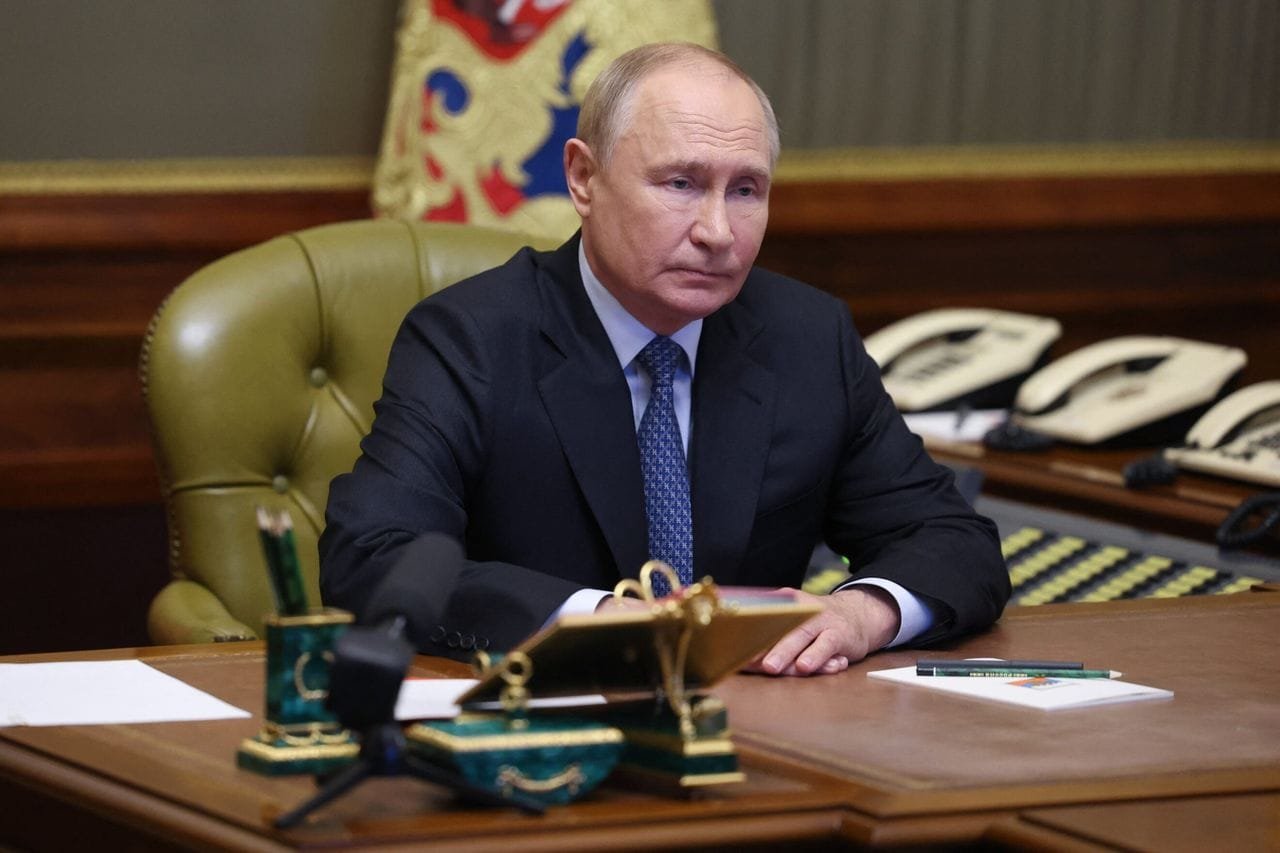Russia has officially exited the European Convention for the Prevention of Torture, President Vladimir Putin signed legislation withdrawing the country from the treaty on September 29, following earlier approval of denunciation by the Russian parliament. The decision stems from Moscow’s contention that the Council of Europe has barred Russia from having a representative on the European Committee for the Prevention of Torture, which oversees implementation of the convention.
The Convention, adopted in 1987, obligates signatories to permit inspections of detention facilities, penal colonies, psychiatric institutions, and other places where individuals are deprived of liberty, to ensure treatment meets standards preventing torture, inhuman or degrading treatment. Since ratifying it in 1998 (with effect soon thereafter), Russia has been subject to these monitoring obligations.
By withdrawing, Russia will no longer be required to grant access to international inspectors for its detention facilities, and Russian detainees will lose the ability to submit complaints to the European Committee for the Prevention of Torture under that Convention.
In parliamentary discussions, Russian officials argued that the move is largely procedural, citing that Russia has effectively been prevented from participating in the oversight body since December 2023 due to the blocking of its representative, and also expressed that Russia’s rights within the framework have been eroded. They maintained that domestic laws already provide guarantees against torture, and that exit would not remove all legal restraints on torture because Russia remains party to other treaties, including the United Nations Convention Against Torture.
Human rights organisations have sharply criticized the decision. They warn that without external oversight, abuses in detention facilities—including penal colonies and psychiatric institutions—are less likely to be exposed, and that this move further isolates Russia from Europe’s human rights regime. Ukraine’s government described the departure as an admission of Moscow’s systematic abuses and said it confirms suspicions that Russia seeks to evade accountability.
Legal experts note that although Russia was expelled from the Council of Europe in March 2022, it continued to be formally party to this specific convention and its preventative mechanisms—thus the withdrawal ends remaining legal obligations under that treaty.





